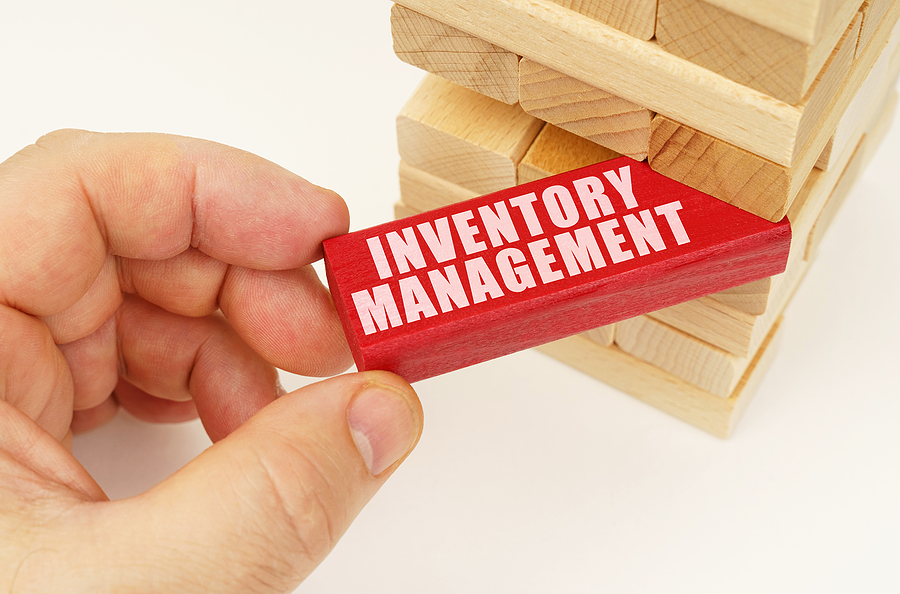Manufacturers and consumers continue to suffer from manufacturing materials shortages and supply chain disruptions caused by the pandemic and recent geopolitical conflicts across the world.
As a result of the increasing demand for products, manufacturers are experiencing difficulties obtaining raw materials needed to meet consumer needs.
Despite the frustration, you can navigate challenges like rising prices and decreased availability with a manufacturing-specific ERP system.
Decreased Supply and Rising Prices
Reuters reported recently that U.S. factory activity grew at its slowest pace in more than a year and a half in April, partly due to supply chain problems caused by China’s COVID-19 no-tolerance policy over the summer.
Tim Fiore, chair of ISM’s Manufacturing Business Survey Committee, said that some manufacturers are worried about the ability of Asian suppliers to deliver reliably this summer, describing manufacturing as a “demand-driven, supply-chain constrained environment.”
Russia’s war with Ukraine has exacerbated tight supply chains, driving up the price of oil and other commodities. The war between Russia and Ukraine is also slowing export growth.
Even with inflation moderating for the first time in months, the Consumer Price Index still rose by 8.3%.
How Cloud ERP Can Help
While manufacturers cannot wholly eliminate supply chain disruptions and their consequences, they can mitigate some problems with the right cloud ERP solution.
An ERP system can help organizations of any size integrate their disparate applications into one comprehensive system. To ensure that employees have access to real-time, critical business information, all departmental data is fed into the centralized solution, which is then synchronized to be viewed according to permissions. With cloud-based ERP software, companies can access this real-time information anywhere and anytime, providing a complete view of their business.
With such a comprehensive view, manufacturers can scrutinize every aspect of their business, including their supply chain. Rather than responding late to problems, such as backlogged orders or missed shipments, they can prevent disruptions by monitoring the KPIs provided by the ERP system.
By leveraging ERP solutions, manufacturers can also increase efficiency by reducing material use per product, decreasing their supply demands, and relieving shortages.
Manufacturers Need an ERP System Tailored to Their Needs
Manufacturing firms can optimize their productivity and profitability by using any cloud ERP software but selecting one designed to meet the needs of their industry will drive improved collaboration, efficient workflows, processes, and better team management.
ERP solutions for manufacturing should include integrated applications for production, estimating, engineering, material planning, scheduling, and product configuration to manage discrete and batch processes.
Manufacturing companies need to access and analyze reports, analytics, and dashboards to remain competitive as they battle manufacturing materials shortages and supply chain disruptions. Having one solution with these connected applications and document management, CRM, project accounting, commerce, expense management, payroll, and service management capabilities can help manufacturers keep up.
Acumatica and ASI Can Help
With Acumatica’s award-winning cloud ERP solution and Manufacturing Management application, you can get all of these capabilities. We can help any manufacturer to weather supply chain disruptions and manufacturing material shortages.
If you would like a demonstration of our manufacturing-specific ERP, our experts will be happy to answer any questions. Contact us today for a free consultation.

